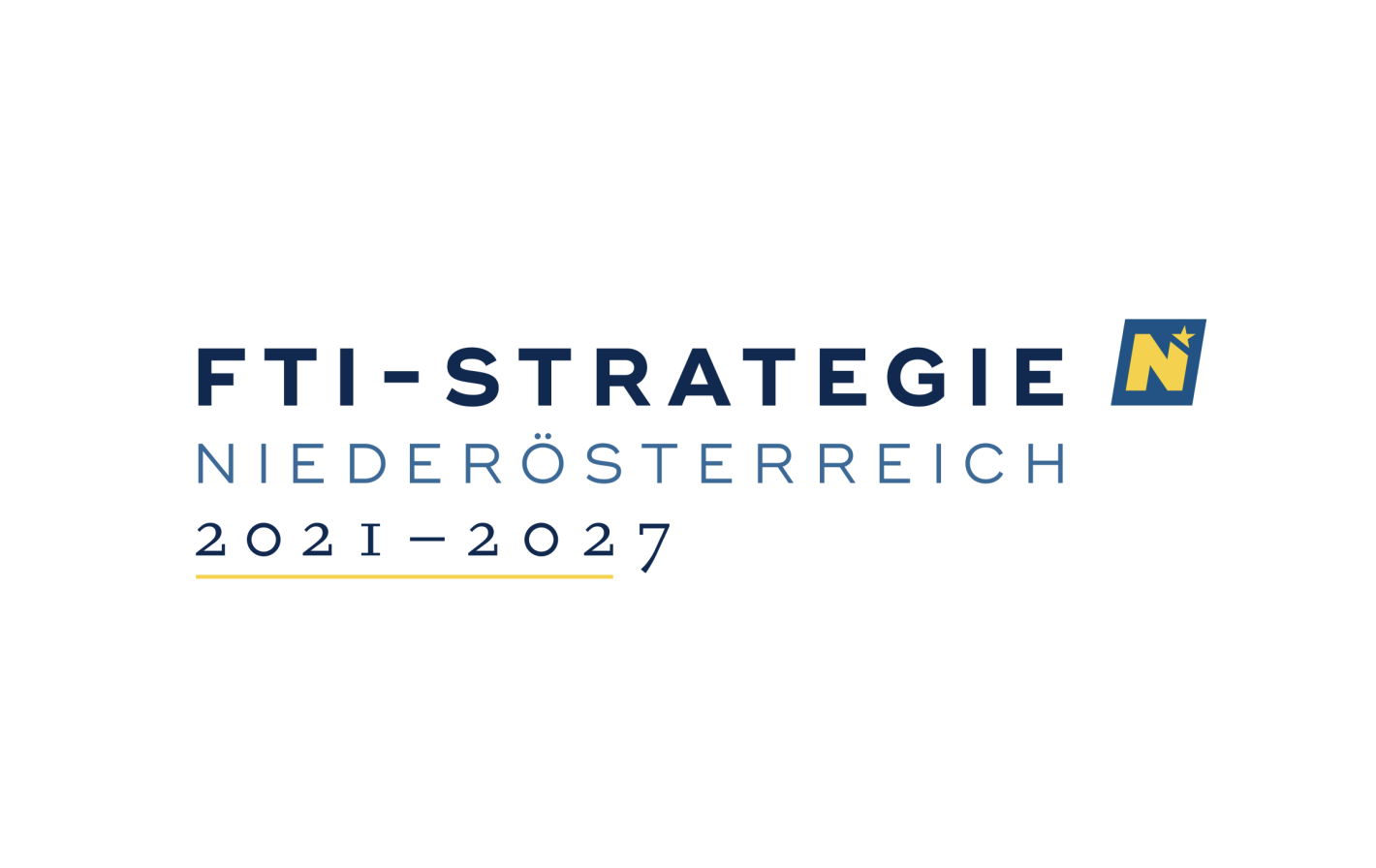Sustainable Transformation of Food By-Products into Processable Materials (SusFoMa)

Lead partner:
Universität für Bodenkultur Wien (BOKU) - UFT Tulln
Scientific management:
Marco Beaumont
Additional participating institutions:
Fachhochschule Wiener Neustadt - Marketing Campus Wieselburg
Universität für Bodenkultur Wien (BOKU) - IFA Tulln
Universität für Bodenkultur Wien (BOKU) - UFT Tulln
Field(s) of action:
Digitalization, intelligent production and materials
Scientific discipline(s):
1040 - Chemie (40 %)
2050 - Werkstofftechnik (20 %)
2100 - Nanotechnologie (20 %)
2080 - Umweltbiotechnologie (20 %)
Funding tool: Basic research projects
Project-ID: FTI23-G-019
Project start: 01. Juni 2024
Project end: 31. Dezember 2027
Runtime: 43 months / ongoing
Funding amount: € 312.400,00
Brief summary:
Considering the pressing global challenges posed by climate change and the plastic waste crisis, there is an urgent need for researchers to address environmental issues. This requires exploring alternative resources and adopting novel approaches to minimize waste generation and replace oil-based, non-degradable plastics with renewable and sustainable bio-based alternatives. A highly promising source for the latter purpose is agri-food by-products. Despite their abundance —the annual production of wheat straw and corn stover equals almost 3000 Mt—their efficient valorization and processing into shapeable and strong materials remains a major challenge.
The research hypothesis of the here-submitted research project SusFoMa is that accruing lignocellulosic feedstocks can be directly processed into precursors of cellulose nanofiber-reinforced thermoplastics by a sustainable chemical approach.
The proposed chemical modification is based on esterification approaches, which can be controlled to selectively modify the biopolymer matrix of locally available food waste, such as corn stover and sugarcane bagasse, transforming these secondary biomass streams into moldable biopolymers. Our proposed chemical modification is based on esterification techniques, which allow us to selectively modify the biopolymer matrix of locally available food waste, such as corn stover and sugarcane bagasse. By doing so, we aim to convert these secondary biomass streams into moldable biopolymers. What sets our method apart from previous approaches is our emphasis on preserving the structural integrity of cellulose nanofibers. These nanofibers, known for their exceptional mechanical strength, are the smallest building blocks within the cellulose fiber of plant cells. SusFoMa aims to utilize these nanofibers to create high-performance bioplastics that are competitive in the market.
Keywords:
green chemistry, circular economy, nanocellulose, nanocomposites, additive manufacturing

